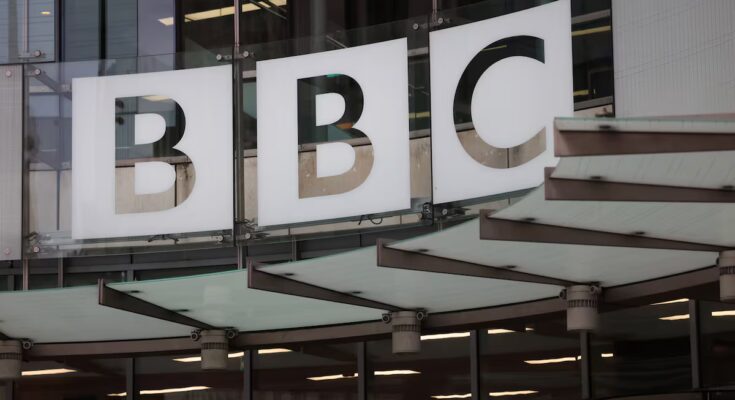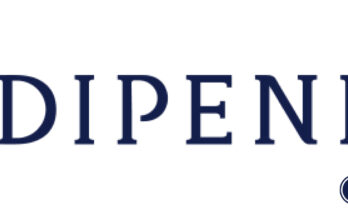Trump was not the first nor will he be the last politician to attack the BBC. Previously, even Winston Churchill, Margaret Thatcher, Tony Blair, David Cameron and Boris Johnson complained about their impartial – and verified – information revealing weaknesses or errors in Power. And when the BBC got it wrong, it admitted its mistakes and pledged to correct them. In Trump’s case, the Corporation’s CEO and chief information officer have already resigned, which is no small feat. This is how an honest media works, but one that admits that it is not one hundred percent infallible.
Behind the big headlines these days lies a clear and worrying reality: a concerted campaign across the West to put an end to the prestige of public audiovisual media, accused of having a “left” or “liberal” bias in an increasingly conservative, polarized and unsympathetic world. A world that increasingly values serious, thoughtful, analytical and mutually independent information. A world in which the informed and critical citizen feels uncomfortable and in which the journalist cannot be “neutral”. “Either you report me properly, or you are my enemy”: this is the school of Donald Trump. Thus, by attacking the BBC for an editing error in a specific program committed, moreover, by a team outside the Chamber, Trump above all gives a hand to his colleague Nigel Farage, leader of the far-right Reform Party. Farage (a great defender of Brexit and now in full expansion) has been attacking British public television for years because it constantly denounces its lies and inconsistencies. In case there was any doubt, White House spokeswoman Karoline Leavitt, the voice of her Master, described the BBC as “a left-wing propaganda machine with 100% fake news”.
This conglomerate of conservative and ultra-conservative ideologies has a very specific goal: to question and minimize state funding of public media, reduce it to a minimum, so that audience, quality and presence are lost to the point of irrelevance. It is an attack on press freedom against which, once again, the European Union is not doing enough. We’ve already seen it in the United States and it will spread here if we don’t wake up.
In France, two years ago, President Emmanuel Macron kept one of his electoral promises: eliminating the tax that financed public radio and television (138 euros per year). Now the money comes directly from the general budgets. The French Court of Auditors, just two months ago, announced that the financial situation of France Télévisions had “strongly worsened” – despite having a budget of 2,506 million euros – and that it was urgent to carry out reforms and cut the budget by around 70 million next year. The French conservatives, led by Culture Minister Rachida Dati, consider all those millions a waste, ask for more state control, especially over journalists expert in uncovering dirty laundry, and group themselves around the tycoon Vincent Bolloré, a friend of Sarkozy. Bolloré dominates the world of media and advertising and has his own television channel, CNews, which is the equivalent of the American Fox News and on which Macron’s ministers often appear to counter the pro-Marine Le Pen offensive.
In Germany there are always controversies about the license fee to pay to support public radio and television. Forty million families pay 18.36 euros per month, which last year amounted to more than 8.6 billion euros. The offer of programs is enormous and the credibility, although diminished, is still high: 67% of Germans still consider the two television channels ARD and ZDF as something essential. The canon is not in danger, to the chagrin of the ultras of Alternative for Germany, because the Constitutional Court believes that the public body is fundamental for freedom of expression and democracy. Another thing is that the programming appeals to everyone, that it attracts (or not) the youngest and that it takes into account (or not) the entire ideological spectrum of the country, even those who feel disappointed by the democratic system.
This is the great challenge: to demonstrate that quality information is necessary, that it costs, that journalists can and must be independent, and that this is certainly easier in a public broadcaster where sudden dismissals are not the order of the day if the editorial line is not shared. The BBC is now 103 years old with a motto: “inform, educate and entertain”. Nowadays it seems that this order has been altered and that entertainment is more important than anything else. A banal program is much less prosecutable in court than another with complaints or irregularities with verified and verifiable data. The BBC has been and must continue to be the model to follow and, once the ban is opened, the attacks by the madmen can only reaffirm our belief that the fight to maintain independent, well-run and well-funded public media is also the fight to defend democracy.



